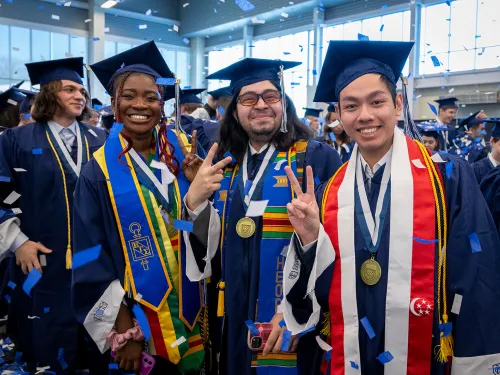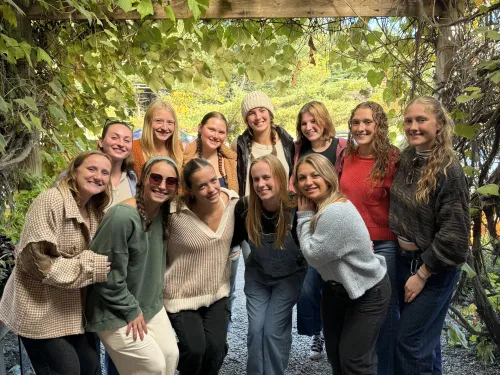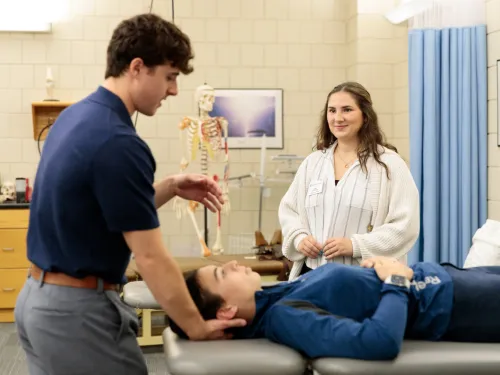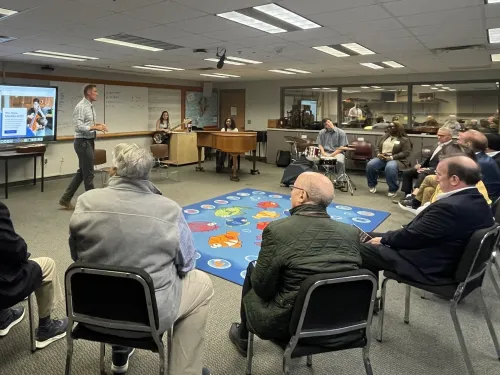Please contact Dave Maley in the Office of College Communications.
More Features

The Work Ahead
Ithaca College’s December graduates step forward with purpose, courage, and a charge to shape what comes next.

Caroline Folan '27 on Leadership and Community
IC Is the Place for Me: Student Stories, Told By Students

In Sync
Physical and mental health are integrated into the training of Ithaca’s performing artists.

